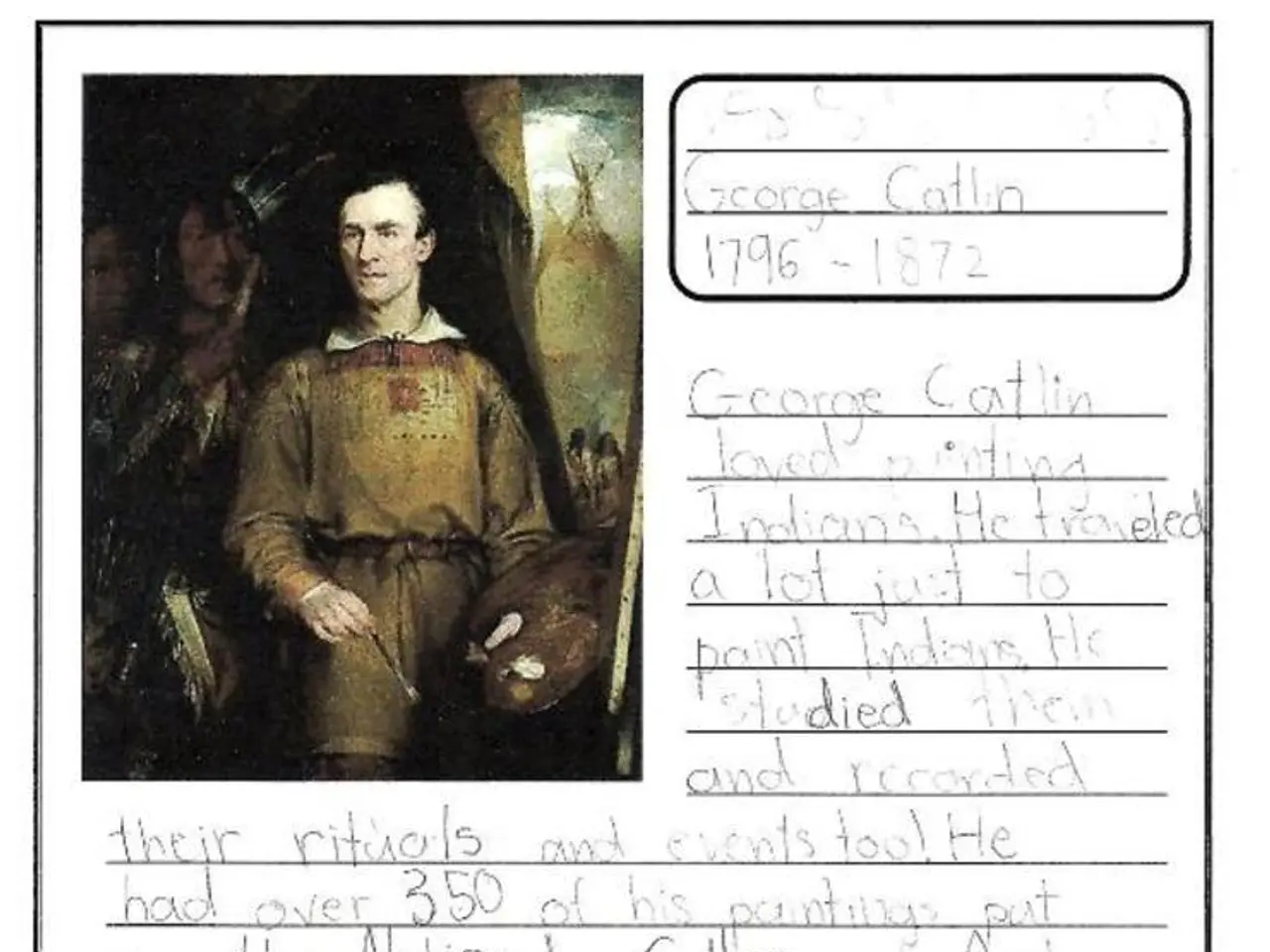Elderly Figures and their Importance in Maintaining Cultural Traditions
In a rapidly changing world, the importance of preserving cultural traditions and knowledge has never been more crucial. Elders, revered as guardians of history, cultural practices, and values, play a pivotal role in this endeavour.
Known as knowledge keepers, elders often preserve oral traditions, passing down stories, laws, and historical events through generations. This oral tradition is invaluable in communities where written records may be limited or non-existent.
Elders also help preserve cultural practices by documenting family customs, traditions, and history. This documentation can take various forms, such as memoirs, family histories, or even recipe books.
Moreover, elders serve as educators and mentors, sharing their experiences to educate younger generations about cultural practices, moral values, and ways to navigate life challenges. In some cultures, elders are revered for their wisdom, which they use to renew cultural practices among the young.
Community cohesion is another area where elders excel. By sharing stories that foster deeper understanding and appreciation of diverse cultures, elders provide a sense of belonging and unity within communities.
Elders also empower marginalized communities by preserving and sharing their stories, helping to create a more inclusive society.
The role of elders in preserving cultural traditions is not confined to any specific region. Whether through oral traditions, documentation, or community engagement, elders ensure that cultural knowledge and practices are preserved for future generations.
Women elders, in particular, play a significant role in preserving cultural traditions. They are responsible for imparting knowledge related to cooking traditional dishes, healthcare practices, nurturing family relationships, and community bonds.
However, elders face challenges in cultural preservation due to social changes, urbanization, modernization, and reduced interaction with younger generations. Efforts to bridge the generational gap, such as involving elders in educational settings and community events, can help maintain their influential role in cultural preservation.
Genealogy is another critical area where elders contribute significantly, providing a sense of identity and belonging by passing down family trees, stories of ancestors, and heritage.
In conclusion, elders hold the keys to our cultural legacies. They remind us that our roots are essential to understanding who we are and guide us in how we move forward as we build a more connected and culturally rich future.
Elders, as educators and knowledge keepers, contribute to the preservation of family history and cultural practices through memoirs, family histories, and storytelling. Their wisdom, passed down through sustainable living practices and lifestyle choices, also contributes to personal growth and education-and-self-development. By documenting and teaching about heritage, they help ensure a home-and-garden experience that connects present generations with their ancestors, while also fostering a more inclusive and culturally rich society.




